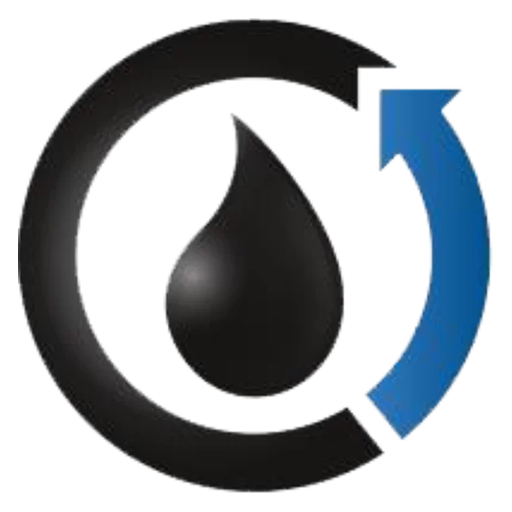We are the right road

Petroleum is a natural liquid that can be converted into fuel. This precious liquid can be found deep in the earth’s surface and is formed by the decomposition of organic matter over millions of years.
Petroleum can be refined into different products such as Bitumen, Base Oil, Paraffin and etc.
Faraz Oil is a producer of Bitumen and supplier of petroleum products and an exporter of high quality products from Iran to more than 20 countries since 2014.
Faraz Oil has always been trying to provide high-quality products to its customers Because our customer satisfaction is our priority.
We know that the most important factor for the growth of any company is to keep its customers. Therefore, we always try to satisfy them and we are happy with the pleasant experience they have working with us.
We are creating new global markets by supplying and producing quality petroleum products, having honesty and obligation in our work.
In the next 5 years, we will become one of the top 10 companies in the field of bitumen production in the Middle East and gain more market share.
Extract of Farazoil experiences in the supply and production of petroleum products is in the Articles section.